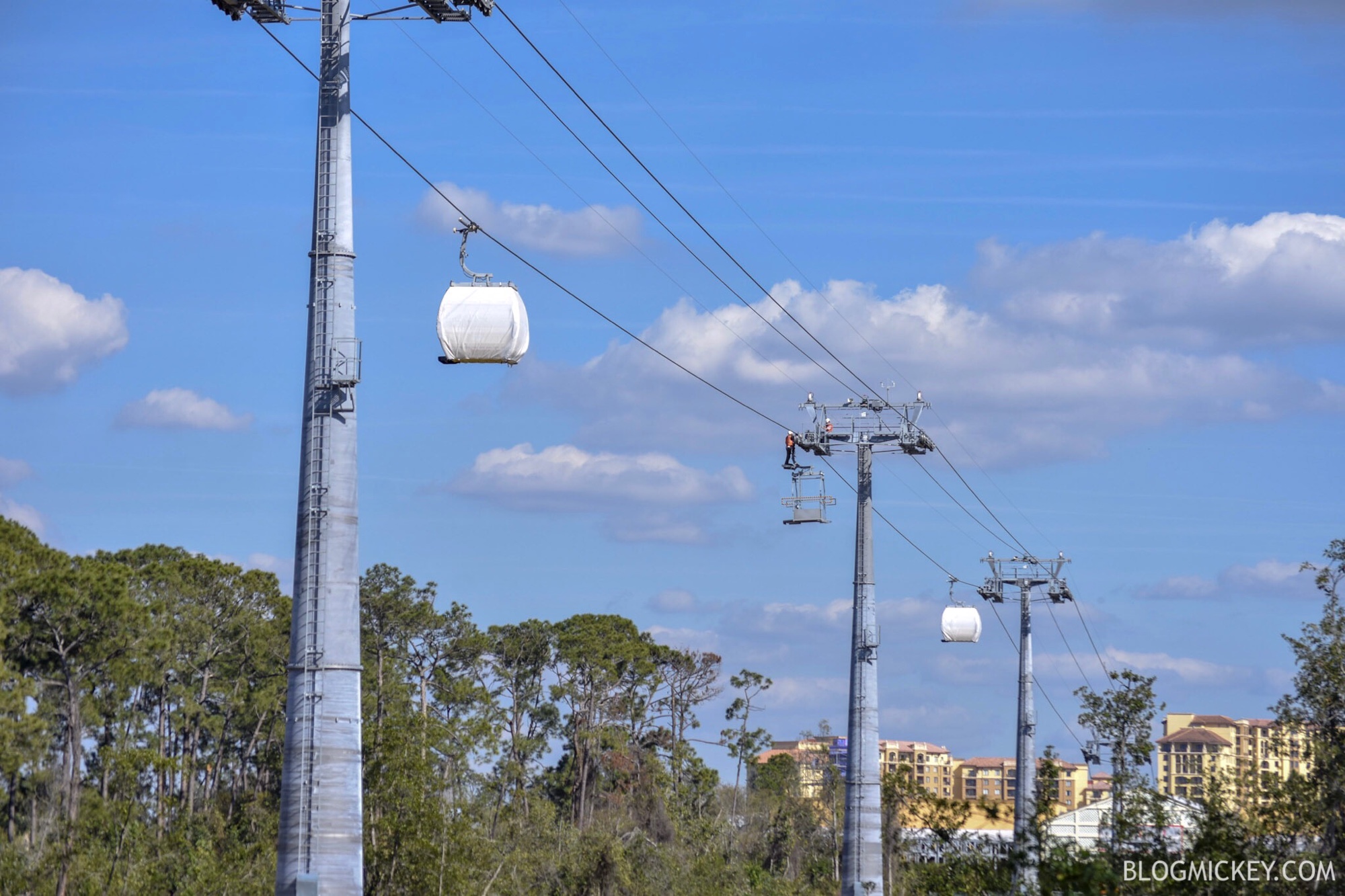With all due respect to your math skills, your formula does not in fact work for the extreme examples of velocity = 0 or velocity is infinite. We are dealing in real numbers here, and you can't divide by zero. A rope moving infinitely fast is not possible in the real world. So can we focus on non-extreme numbers?
I've used both extreme examples to get a point across, and I also you real world terminology saying "faster" and "slower". Those aren't extreme terms.
Besides, yes, you can divide by zero in some math systems by evaluating the result as the denominator approaches zero. As velocity approaches zero for smaller and smaller numbers, the arrival rate (which is also the dispatch rate) which is the time you're waiting for the next gondola gets larger and larger approaching infinity, which means you're waiting forever for a gondola to come or go, which is what you expect when the velocity reaches zero.
So, let's use an example base on non-extreme numbers: If the velocity is doubled, everything is moving twice as fast and the dispatch time interval is now half what it was.
The number of cabins in the station does not affect PPH as long as there are enough to keep launching on regular intervals.
That is wrong. And the reasoning for that is all laid out in my previous post that I quoted a few posts above. As a gondola arrives at a station it has to wait in turn to go out again. More cabins in the stations means a longer wait. The complete circuit of a cabin takes longer and that lowers PPH.
You really need to read that post carefully step by step to break through the false assumptions you're making about rates of discrete objects.
Did you have any issues with my math? dispatch interval and people per cabin are sufficient to calculate PPH.
As @flynnibus points out above, dispatch rate depends on rope velocity. But you keep saying velocity doesn't matter. It does to dispatch rate.



